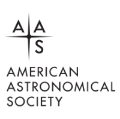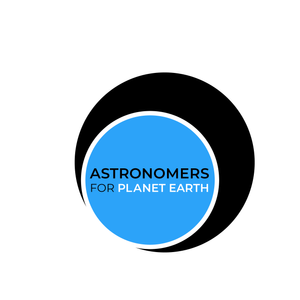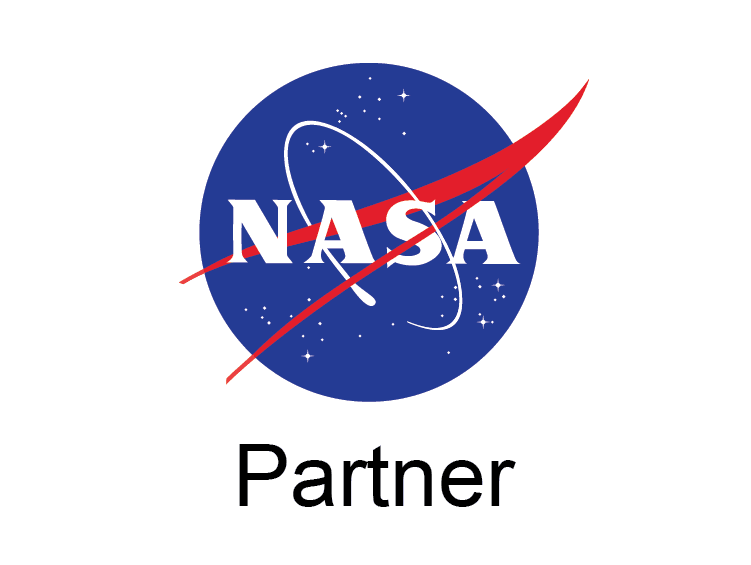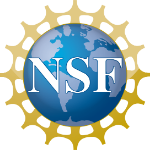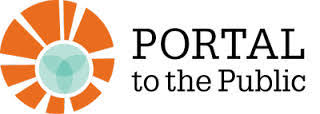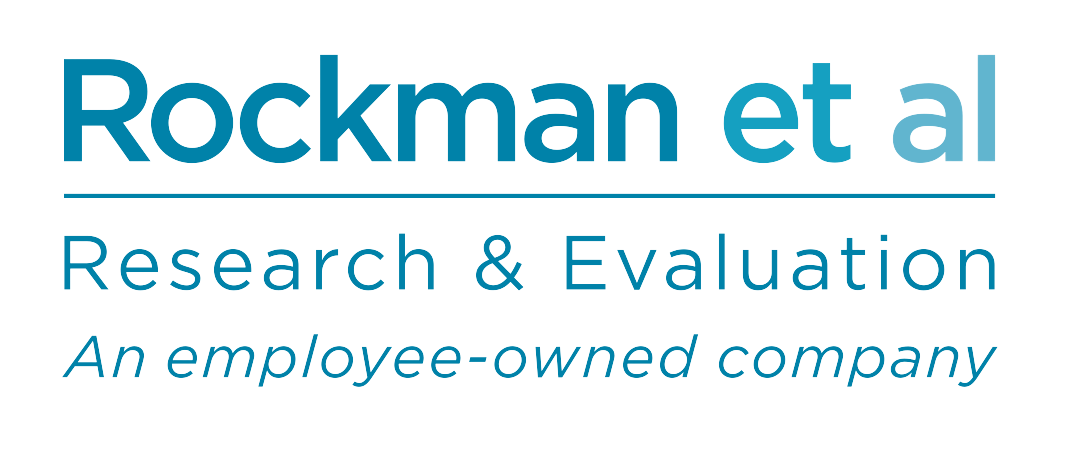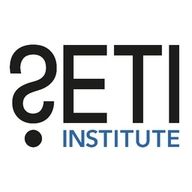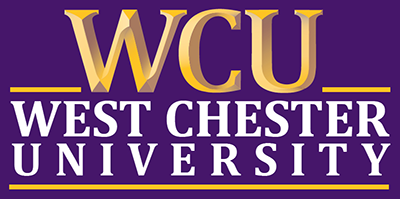”Meet the Neighbors: Planetary Systems Orbiting Nearby Stars”
On Wednesday, November 13, 2019 at 7 pm, Dr. Courtney Dressing, of the University of California, Berkeley, will give a free, illustrated, non-technical talk on:
”Meet the Neighbors: Planetary Systems Orbiting Nearby Stars” in the Smithwick Theater at Foothill College, in Los Altos.
The talk is part of the Silicon Valley Astronomy Lecture Series at Foothill College, now in its 20th year.
The NASA Kepler mission revealed that our Galaxy is teeming with planetary systems and that Earth-sized planets are common. However, most of the planets detected by Kepler orbit stars too faint to permit detailed study. The NASA Transiting Exoplanet Survey Satellite (TESS,) launched in 2018, is finding hundreds of small planets orbiting stars that are much closer and brighter. Dr. Dressing will describe the TESS mission and explain how analyses of the TESS planets will allow us to probe the composition of small planets, investigate the formation of planetary systems, and set the stage for the next phase of exoplanet exploration: the quest for the signatures of life in the atmospheres of strange new worlds.
Courtney Dressing is an Assistant Professor of Astronomy at the University of California, Berkeley. She is an observational astronomer focused on detecting and characterizing planetary systems. Her research group uses telescopes on the ground and in space to search for planets, determine their orbital parameters, measure their masses, and constrain their bulk compositions. She is curious about planet formation and evolution, the frequency of planetary systems in the Galaxy, and the prospects for detecting life on planets outside of our Solar System. In 2019, she was awarded a Sloan Research Fellowship, a Hellman Fellowship, and a Packard Fellowship.
The lecture is co-sponsored by:
* The Foothill College Physical Science Division
* The SETI Institute
* The Astronomical Society of the Pacific
* NASA’s Ames Research Center.
We get large crowds for these talks, so we ask people to try to arrive a little bit early to find parking. The lecture is free, but there is a charge of $3 for parking on campus and exact change is appreciated.
Foothill College is just off the El Monte Road exit from Freeway 280 in Lost Altos.
Directions and Parking information
Campus Map
Past Lectures
”Encounter with Ultima Thule: The Most Distant Object Humanity Has Ever Explored”
On Wednesday, October 16, 2019 at 7 pm, Dr. Jeff Moore, of NASA’s Ames Research Center, will give a free, illustrated, non-technical talk on:
”Encounter with Ultima Thule: The Most Distant Object Humanity Has Ever Explored”
in the Smithwick Theater at Foothill College, in Los Altos.
The talk is part of the Silicon Valley Astronomy Lecture Series at Foothill College, now in its 20th year.
After a successful encounter with Pluto, the New Horizons spacecraft, for the first time flew by a member of the Kuiper Belt of icy objects beyond Neptune. This particular object, officially called 2014MU69, but informally named “Ultimate Thule” (meaning the farthest place beyond the known world,) turned out to be a “contact binary” – two smaller icy worlds stuck together. Such objects are left over from the time our solar system was first coming together and provides scientists with a glimpse of what it was like here before the Earth even formed. Dr. Moore will share an insider’s view (with great images) of how the mission got to its targets and what we learned while passing by Ultima Thule.
Dr. Jeff Moore is a Research Scientist in the Space Science Division at NASA’s Ames Research Center and a leader of the Imagining Team that explored both Pluto and Ultima Thule. He has been a member or leader of several other space mission teams, including the Galileo mission to Jupiter, the Mars Exploration Rover and the Mars Reconnaissance Orbiter. His research focuses on the nature and evolution of the surfaces of planets and moons in the solar system, including the role of impacts, quakes, and volcanoes on other worlds. He has also worked at the University of Oklahoma’s National Severe Storms Laboratory and at the SETI Institute.
The lecture is co-sponsored by:
* The Foothill College Physical Science Division
* The SETI Institute
* The Astronomical Society of the Pacific
* NASA’s Ames Research Center.

